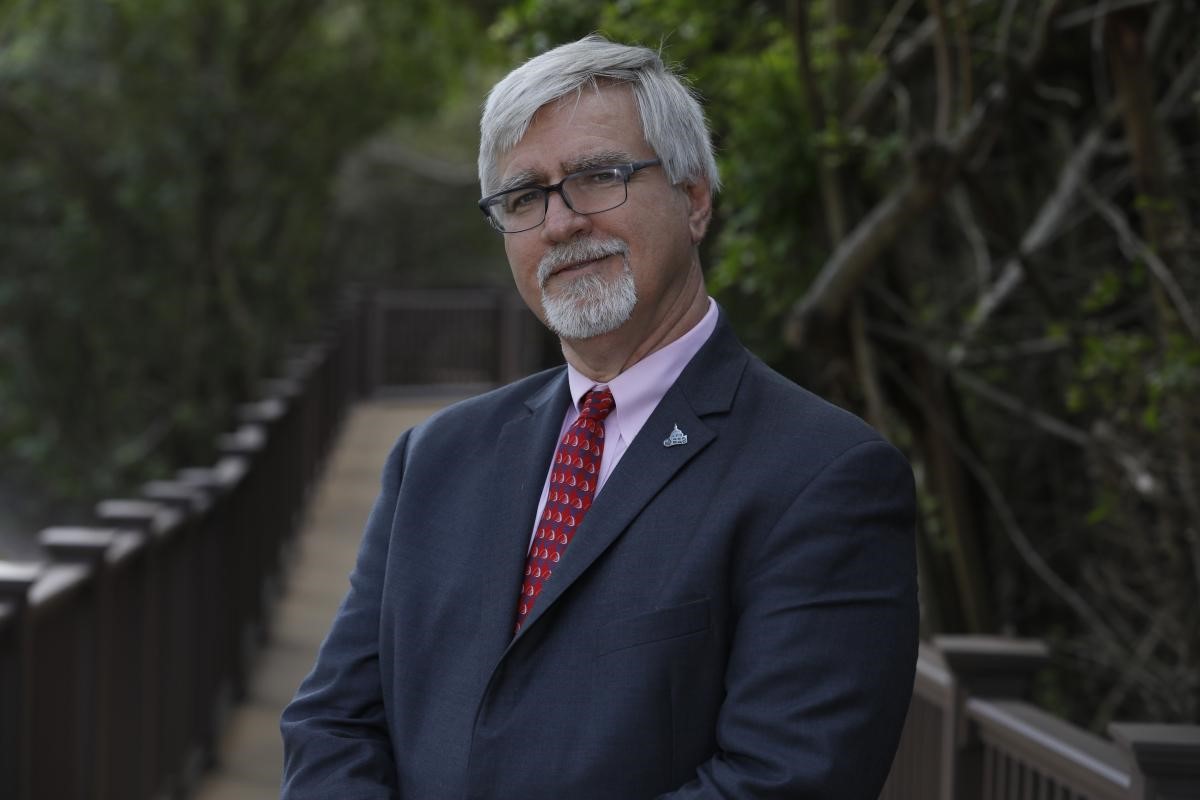 In the course of my day, I talk to (and email with) people, read a lot, and every so often jot down a random thought or insight that gives me pause and makes me think. See what you think.
In the course of my day, I talk to (and email with) people, read a lot, and every so often jot down a random thought or insight that gives me pause and makes me think. See what you think.
It’s not what you’re doing wrong; it’s what you’re not doing that’s wrong.
The best way to stay out of court is to avoid situations where participants lose money.
The key to successful retirement savings is not how you invest, but how much you save.
Does anybody still expect their taxes to be lower in retirement?
If you don’t know how much you’re paying, you can’t know if it’s reasonable.
Everybody wants a pension, but nobody seems to want an annuity.
Everybody’s “committed to the business”…until they aren’t.
Retirement income is a challenge to solve, not a product to build.
“Stay the course” is only good advice if you were on a good course to begin with.
Does anybody but lawyers actually read those legal “disclosures?” (that’s a rhetorical question.)
When selecting plan investments, keep in mind the 80-10-10 rule: 80% of participants are not investment savvy, 10% are, and the other 10% think they are. But aren’t.
There’s no such thing as a passive ESG fund.
“Don’t put all your eggs in one basket” applies to all life decisions.
What’s the “target date” for a “through” retirement date target fund?
92% of participants defaulted in at a 6% rate do nothing. 4% actually increase that deferral rate.
Plan sponsors may not be responsible for the outcomes of their retirement plan designs, but someone should be.
Sometimes just saying you’re thinking about doing an RFP can get results.
Hiring a co-fiduciary doesn’t make you an ex-fiduciary.
“Because it’s the one my recordkeeper offers” is not a good reason to select a target-date fund.
Given an opportunity to save via a workplace retirement plan, most people do. Without access to a workplace retirement plan, most people don’t.
Disclosure isn’t the same thing as clarity. Sometimes it’s the opposite.
Nobody knows how much “reasonable” is.
You want to have an investment policy in place before you need to have an investment policy in place.
The same provider can charge different fees to plans that aren’t all that different.
The biggest mistake a plan fiduciary can make is not seeking the help of experts.
Thanks to all who have inspired these—by thoughts, words and (mis)deeds — past, present and future.
- Log in to post comments
